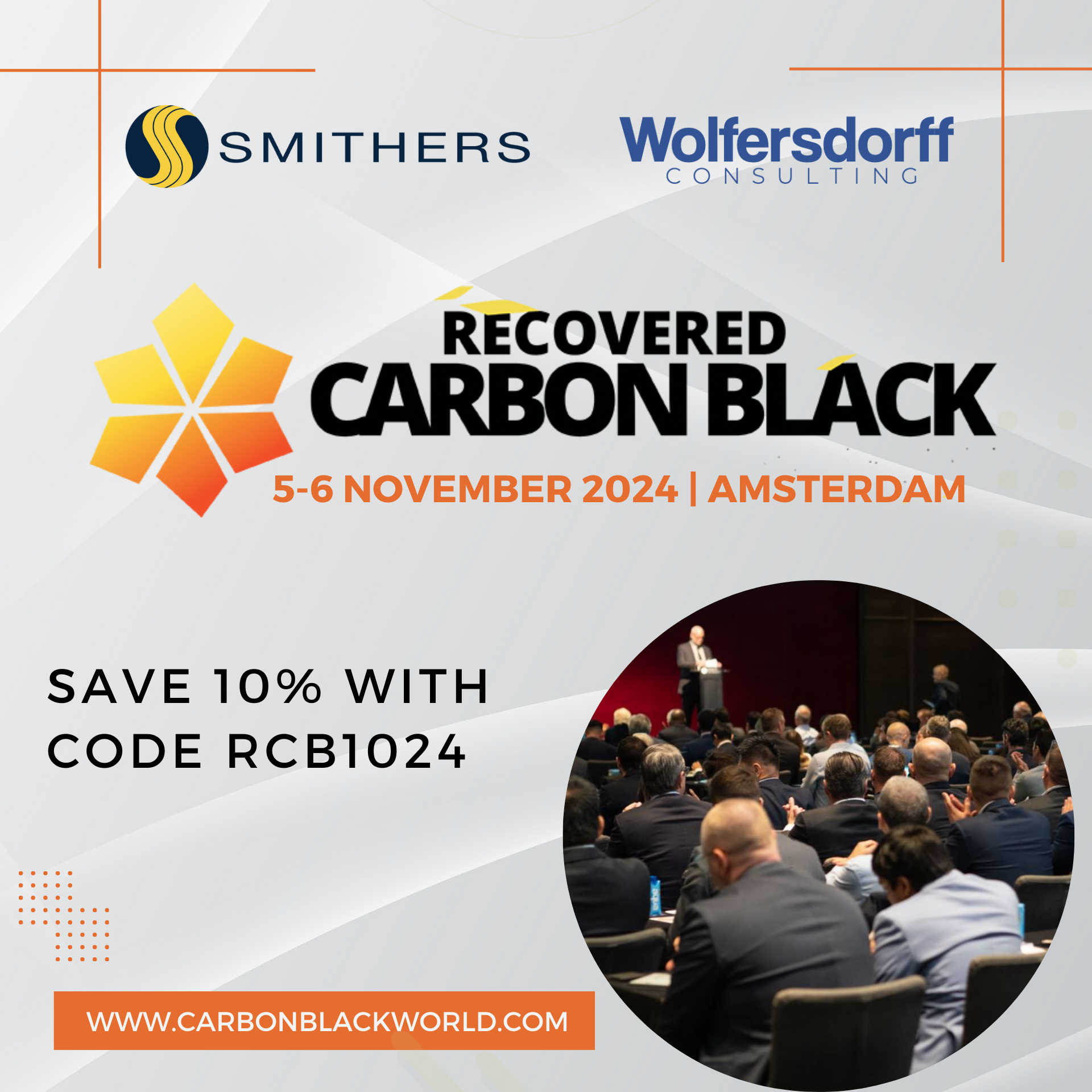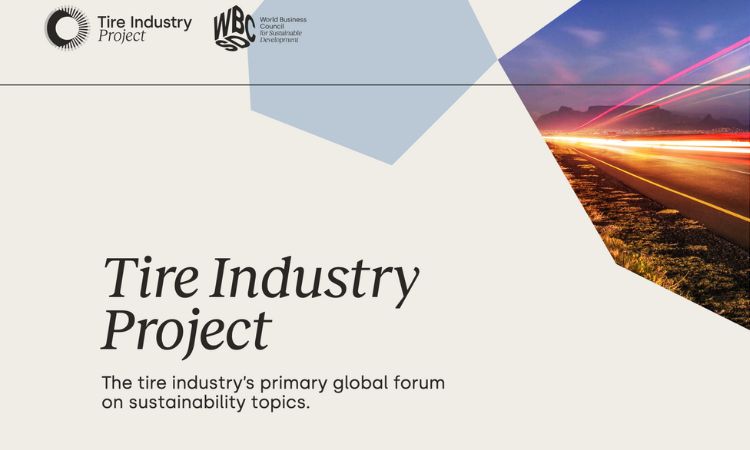Weibold Academy: (Un)sustainable ‘Sustainable Development Goals’?
Weibold Academy article series discusses periodically the practical developments and scientific research findings in the end-of-life tire (ELT) recycling and pyrolysis industry.
This article is a review by Claus Lamer – the senior pyrolysis consultant at Weibold. One of the goals of this review is to give entrepreneurs in this industry, project initiators, investors and the public, a better insight into a rapidly growing circular economy. At the same time, this article series should also be a stimulus for discussion.
The opinions of the authors cited do not necessarily agree with those of Weibold.
For the sake of completeness, we would like to emphasize that these articles are no legal advice from Weibold or the author. For legally binding statements, please refer to the responsible authorities and / or specialist lawyers.
Introduction
A critical Article by Kotzé and Adelman (2022) contends that sustainable development, deeply entrenched in environmental law, policymaking, and governance, perpetuates environmentally harmful neoliberal economic growth, exploiting and deteriorating fragile ecosystems. Despite its well-intentioned origins, sustainable development often fosters exploitative economic activities, exacerbating systemic inequalities and injustices while failing to adequately safeguard biodiversity in the Anthropocene era. This article concludes by suggesting an alternative approach rooted in indigenous onto-epistemology known as "Buen Vivir." Although not a panacea, Buen Vivir offers the potential to prompt a critical re-evaluation of environmental law. This re-evaluation aims to shift away from the centered, gendered, and anthropocentric neoliberal sustainable development paradigm towards a profoundly different ontology that embraces ecologically sustainable perspectives on perception, existence, knowledge, and stewardship.
Background
Sustainable development, a central tenet in global development, initially aimed at promoting well-being, social justice, and environmental protection. Over time, it evolved into an ideological paradigm shaping individuals' values, influenced by neoliberalism. Recent events like the Covid-19 pandemic and climate change have revealed its limitations and inequalities. Mainstream development models intensify inequalities and habitat destruction in the Anthropocene, contradicting the essence of sustainable development.
The authors express their deep concern about the detrimental consequences of sustainable development's dominant role in shaping current development, particularly as a core principle in environmental law during the Anthropocene era. Furthermore, sustainable development often disguises the ongoing "sustainable degradation" of the environment.
Furthermore, the author of the article argues that sustainable development, an unquestioned and improbable idea, promises what it cannot deliver due to its inherent contradiction between economic growth and ecological sustainability. It falsely assumes endless growth on a finite planet with an already unsustainable human footprint. This misleading concept enables the masking of socio-ecological impacts caused by relentless growth-driven development. Environmental law's complicity in this may even allow the continued destruction of the Earth rather than safeguarding planetary integrity. International responses to environmental degradation also have far-reaching implications for legal principles and processes.
The role of environmental law in legitimizing socio-ecologically destructive practices under the banner of sustainable development is also discussed in detail. The article ends on a hopeful note, exploring alternatives through the indigenous onto-epistemology of “Buen Vivir,” which emphasizes humility and caring as opposed to sustainable development. Although Buen Vivir is not yet fully replacing it, its influence is visible in some laws and policies, suggesting that it could become a viable alternative in environmental law and policy. This offers hope for a radically different legal approach that focuses on the well-being of the entire ecosystem.
The Problems with Development
The concept of sustainable development arose post-World War II as a means to integrate the Third World into the global economy, but it often resulted in underdevelopment or maldevelopment. Western proponents framed development as saving developing nations, emphasizing economic growth, poverty reduction, and social justice. However, this vision neglected environmental consequences and dismissed alternative progress measures. Mainstream development models prioritized profit over people and the planet, stifling alternative visions of well-being. Despite efforts to redefine development, it remains anthropocentric, growth-focused, and extractive. Developmentalism emerged by the 1960s, treating development as an unquestionable force, obscuring its historical and social origins.
Inherent flaws in developmentalism, and by extension, in neoliberal sustainable development, are slowly being recognized, even by institutions like the United Nations Environment Programme (UNEP). Recently, UNEP acknowledged that the current development model degrades the Earth's capacity to sustain human well-being (UNEP 2021). However, having strongly embraced sustainable development, UNEP obviously remains locked into a human-centric developmental mindset that sidelines ecological sustainability. This is evident in its acknowledgment that environmental changes hinder development and sustainable growth (UNEP 2021).
The crux of the problem is that mainstream development models rely on perpetual economic growth, which contradicts ecological sustainability. Earth's limits are being exceeded, with humanity currently using 74% more resources than the planet can regenerate. Despite this, the ideology of "growthism" persists, driven by neoliberal globalization. Proponents like UNEP maintain the dream of "decoupling", believing economies can grow without increasing environmental pressures. This mindset hinders critical questioning of sustainable development orthodoxy within global governance institutions responsible for environmental protection.
The crisis lies in the obsession with gross domestic product (GDP) as the measure of progress, ignoring social and environmental costs. GDP is a flawed proxy for well-being, leading to the paradox that growth often incurs more costs than benefits. Some acknowledge these limits but can't let go of GDP.
In conclusion, the author’s analysis reveals that sustainable development, in its current form, is not an alternative but rather a continuation of mainstream development. While it offers a different vision of development, the fundamental flaw lies in the persistence of unsustainable notions of progress and well-being, perpetually linked to economic growth, GDP, and developmentalism. Consequently, the prevailing concept of sustainable development, as it stands, is fundamentally unsustainable. To genuinely address the pressing socio-ecological challenges of our time, SDGs must therefore reevaluate and redefine our understanding of development, shifting away from growth-centric paradigms towards more holistic, regenerative, and equitable approaches that prioritize the well-being of both humanity and the planet.
Probably it's time to embrace alternative progress measures like Bhutan's "gross national happiness index".
(Un)sustainable Development and Environmental Law
The authors of the article argue that the problem of intrinsically unsustainable development is compounded by the deeply embedded and conflicting assumptions of sustainable development within environmental law, perpetuating socio-ecological destruction. This entwinement of development and environmental protection in law became pronounced with the rise of neoliberal globalization, culminating in the last five decades where international environmental law has played a pivotal role in legitimizing the concept of sustainable development. However, this has paradoxically weakened the ability of these legal and governance institutions to uphold planetary integrity and the collective well-being of the living order.
International environmental law has essentially given rise to a socio-ecologically destructive interpretation of sustainable development under its banner, thus legitimizing environmentally harmful practices. The fusion of sustainable development with neoliberalism, and its entrenchment in international environmental law, makes it difficult to challenge the status quo.
Furthermore, this trend has been exacerbated by the requirement for consensus in creating environmental governance norms, which often results in watered-down agreements that fail to address urgent environmental challenges effectively. For instance, the Paris Climate Agreement highlights the limitations of this approach.
Historically, sustainable development and neoliberalism emerged simultaneously, forming a symbiotic relationship. The Brundtland Report of 1987 exemplified this, aiming to reconcile economic growth with environmental sustainability, thus perpetuating the belief in endless extractive growth at the expense of the planet's resources.
The link between sustainable development and environmental protection was established at the UN Conference on the Human Environment in 1972, with subsequent international environmental conferences progressively reinforcing this connection. These agreements have often prioritized human interests over those of vulnerable species and the biosphere, perpetuating an anthropocentric perspective within environmental law.
In essence, the entanglement of sustainable development and neoliberalism within international environmental law has created a complex web that hampers the ability to address pressing ecological challenges adequately. This narrative underscores the need for a fundamental re-evaluation of both sustainable development and the role of law and governance in promoting a more sustainable and equitable future for the living order on our planet.
The transition from the Millennium Development Goals (MDGs) to the Sustainable Development Goals (SDGs) represented a shift in global development objectives. However, the SDGs, despite their normative influence, fail to adequately prioritize ecological sustainability. The SDGs' structure and prioritization favor development goals over environmental ones, reinforcing anthropocentric, neoliberal development models embedded in international environmental law. This perpetuates the flawed assumption that free markets can rectify environmental destruction.
Furthermore, the absence of strong ecological sustainability as a guiding principle in the 2030 Agenda and its focus on economic growth undermine genuine sustainability efforts. Sustainable development is often invoked but sidelined when economic and political expediency dictate.
Continuing on this path risks reducing sustainable development to empty promises, inhibiting effective responses to complex socio-ecological crises. The combination of sustainable development and neoliberal globalization has exacerbated inequality and insecurity, making systemic change imperative.
The current state of overlapping crises, such as the COVID-19 pandemic and climate crisis, underscores the limitations of neoliberalism's understanding of vulnerability and resilience. Calls to "build back better" after the pandemic must not be undermined by a return to an abnormal "normality”. In light of these challenges, environmental law must play a pivotal role in shaping a radically different trajectory for the well-being of the entire living order, one that moves beyond the confines of the sustainable development paradigm.
An Alternative for the Wellbeing of a Vulnerable Living Order
The imperative for environmental law in the Anthropocene is clear: it must disengage from sustainable development as its central guiding orientation. Merely altering the content of environmental law, such as incorporating new principles or recognizing ecocide and a global right to a healthy environment, is a necessary but insufficient step. What is essential is a profound transformation of environmental law's form and underlying worldview.
The critical awareness of the enduring structural legacies of Enlightenment rationality, including anthropocentrism and binary thinking, must be embraced. Sustainable development, operating within this rationalist context, perpetuates anthropocentrism and fails to address the relationality and vulnerability between humans and the non-human world. It maintains a hierarchical view that undermines ecological sustainability.
To move forward, environmental law needs a radical reconfiguration. This calls for a shift away from centric thinking and the privileging of certain human interests. It requires a transition to an open ecology where humans are decentered from problem spaces, allowing for a more inclusive and non-hierarchical ecological space.
One promising alternative worldview that environmental law can draw from is "Buen Vivir" or living well. While not without its challenges and contradictions, Buen Vivir offers a biocentric counterweight to anthropocentrism. It promotes well-being within a community that includes non-humans, emphasizing reciprocity, complementarity, and relationality. It rejects the obsession with growth and progress, offering an alternative path that recognizes humans as part of, rather than separate from, the natural world. Buen Vivir has already influenced jurisprudence in Latin America, leading to constitutional provisions and court decisions that recognize the rights of nature. However, it is a work-in-progress, and its implementation may be gradual and punctuated by challenges.
In sum, environmental law should undergo a profound shift in orientation, moving away from the limitations of sustainable development and embracing alternative worldviews like Buen Vivir. This shift represents a crucial step toward addressing the urgent socio-ecological crises of the Anthropocene and redefining our relationship with the natural world.
Conclusion
The authors conclude that the persistent failure of sustainable development to address the deepening socio-ecological crisis highlights its disconnection from the harsh realities of the Anthropocene. Attempting to reinterpret or rebrand sustainable development, as some proponents suggest, falls short of addressing the oxymoron at its core. It is increasingly clear that sustainable development is fundamentally flawed and cannot genuinely achieve sustainability.
Furthermore, there are several reasons to reject sustainable development. Firstly, it is deeply entrenched in the systems, institutions, and practices that have contributed to our unsustainable, unequal, and unjust world. Paradoxically, its influence has been inversely related to its ability to protect the vulnerable living order. Secondly, sustainable development maintains the status quo and resists the radical transformations urgently needed to confront the Anthropocene's complex and rapidly unfolding socio-ecological crises. Thirdly, it clings to the delusion that infinite exponential growth is feasible on a finite planet, despite overwhelming scientific evidence to the contrary. Fourthly, sustainable development cannot truly promote ecological sustainability and planetary integrity until it prioritizes these goals overgrowth and profit.
Sustainable development is not an immutable concept; it represents a socio-political choice. Buen Vivir, rooted in social and political struggles, demonstrates that alternative worldviews can pave the way for new possibilities that prioritize the well-being of all and embrace a relational sense of solidarity. Abandoning sustainable development will require a paradigm shift in environmental law, policy, and governance. As we face the unfolding socio-ecological crisis, one must recognize the opportunity for radical transformation driven by alternative perspectives. The COVID-19 pandemic has shown that what was once deemed impossible can rapidly become possible in the face of existential threats. In the limited window of opportunity that remains, embracing alternative worldviews is the rational response to the pressing challenges of our time.
Source:
Kotzé, L.J., Adelman, S. Environmental Law and the Unsustainability of Sustainable Development: A Tale of Disenchantment and of Hope. Law Critique 34, 227–248 (2023). https://doi.org/10.1007/s10978-022-09323-4. Download available here.
Weibold is an international consulting company specializing exclusively in end-of-life tire recycling and pyrolysis. Since 1999, we have helped companies grow and build profitable businesses.











